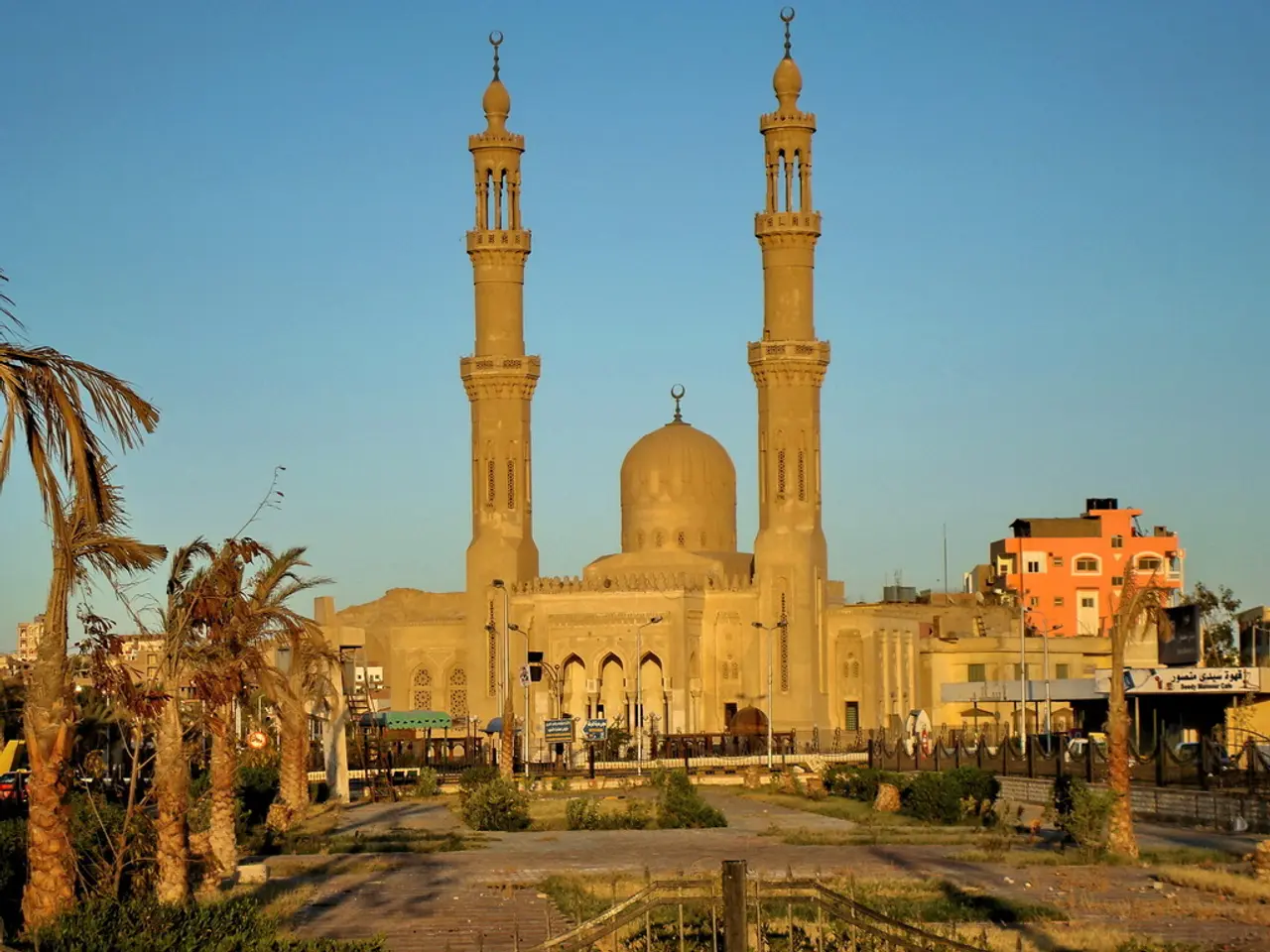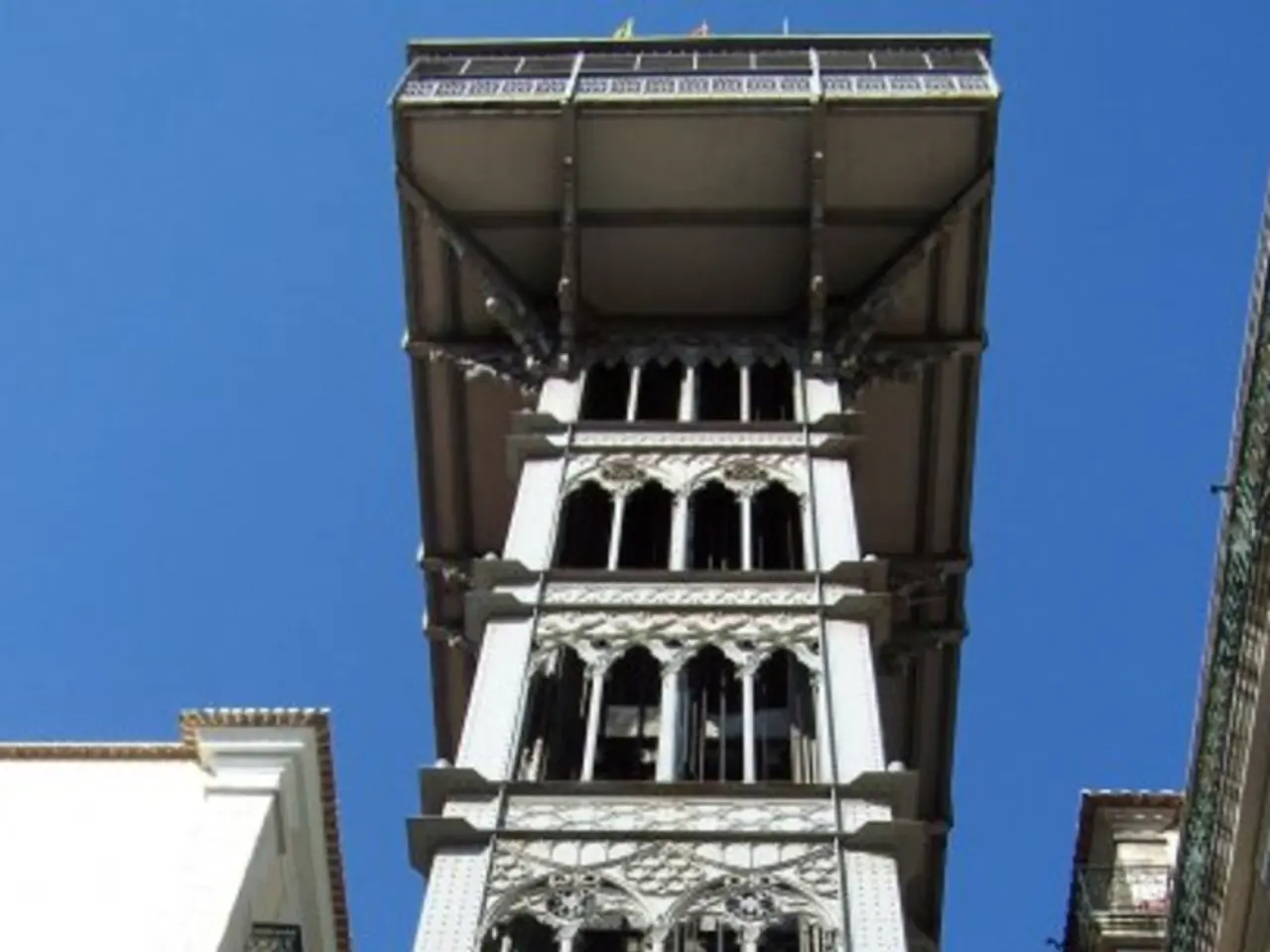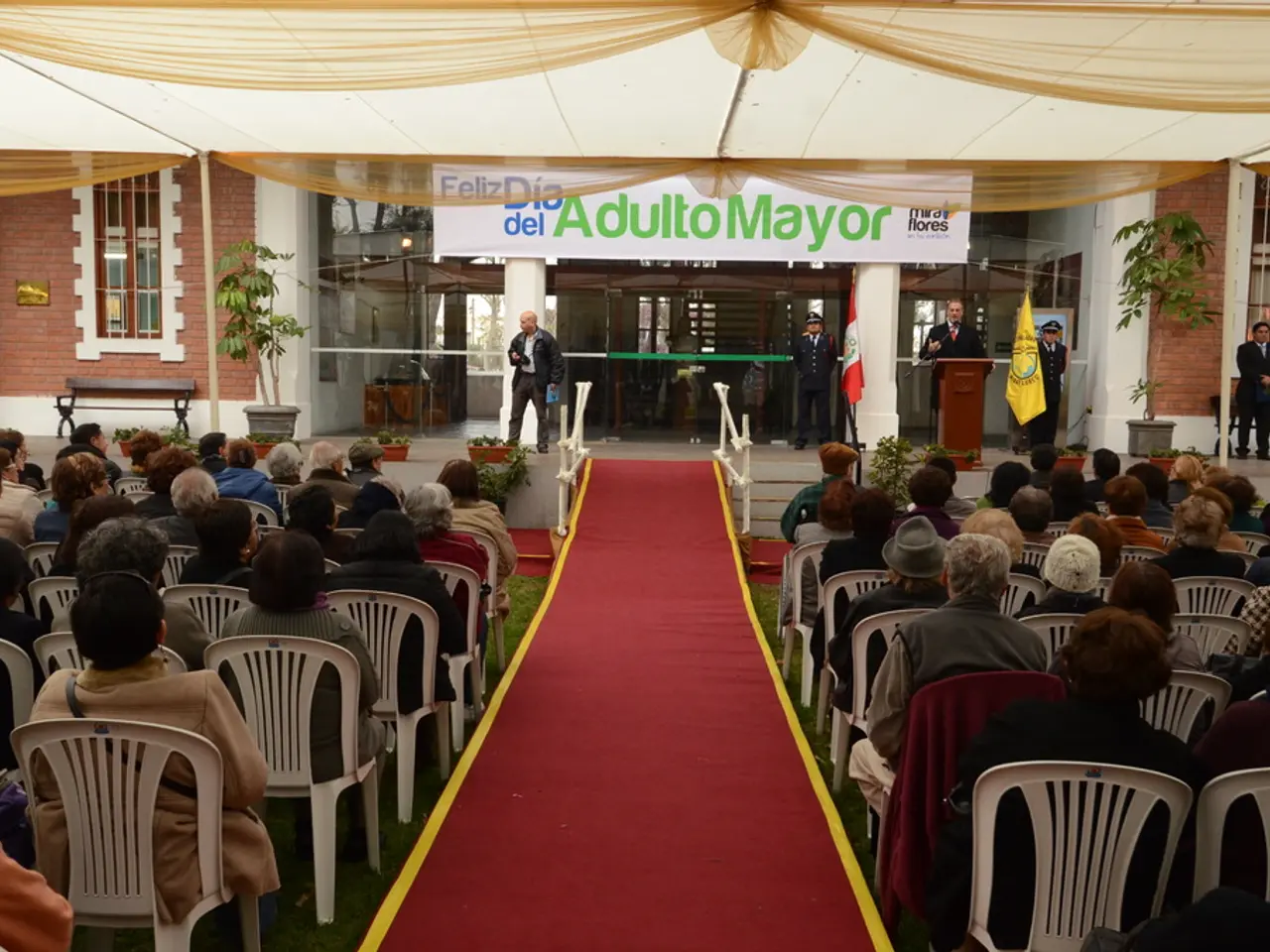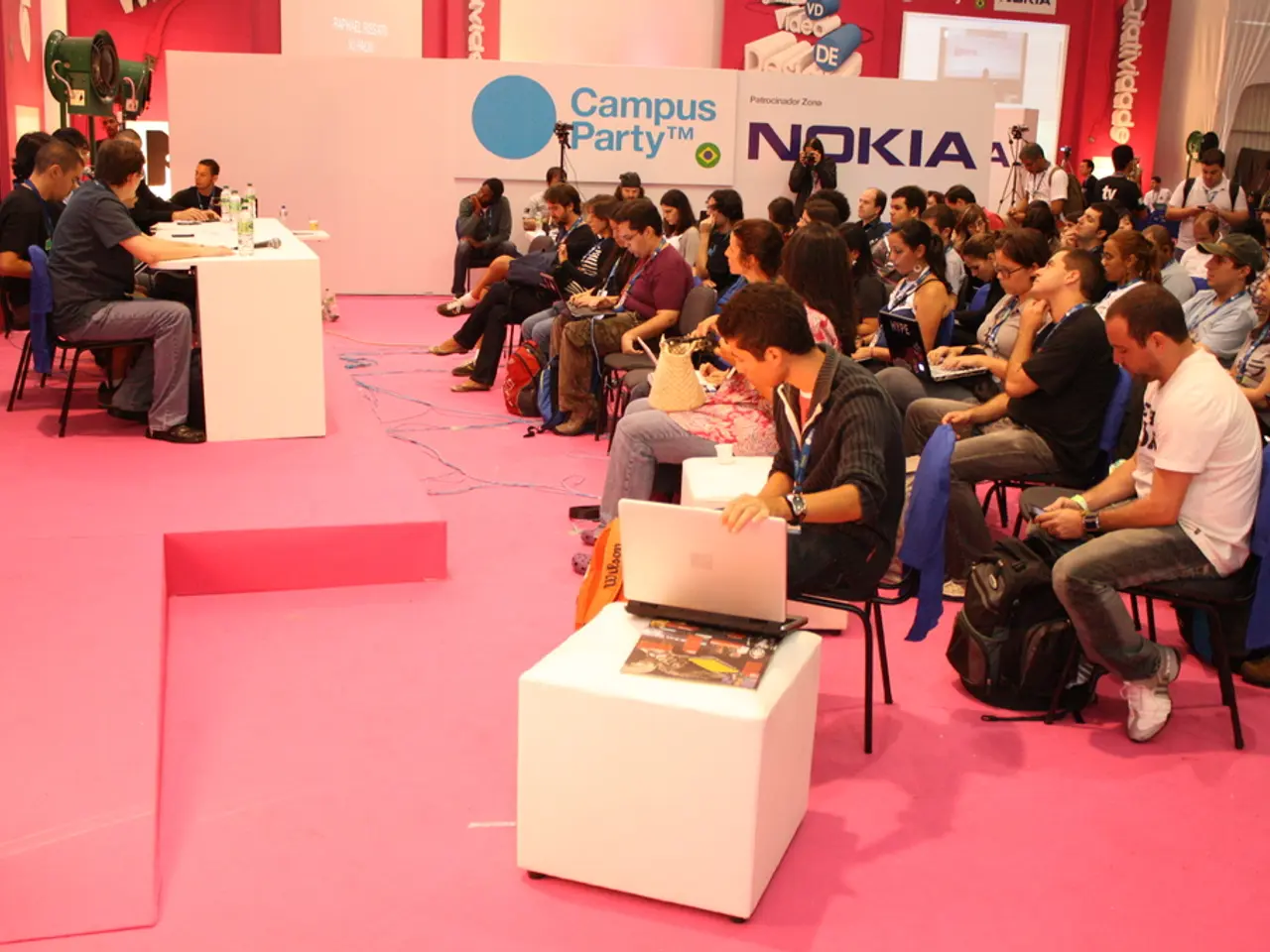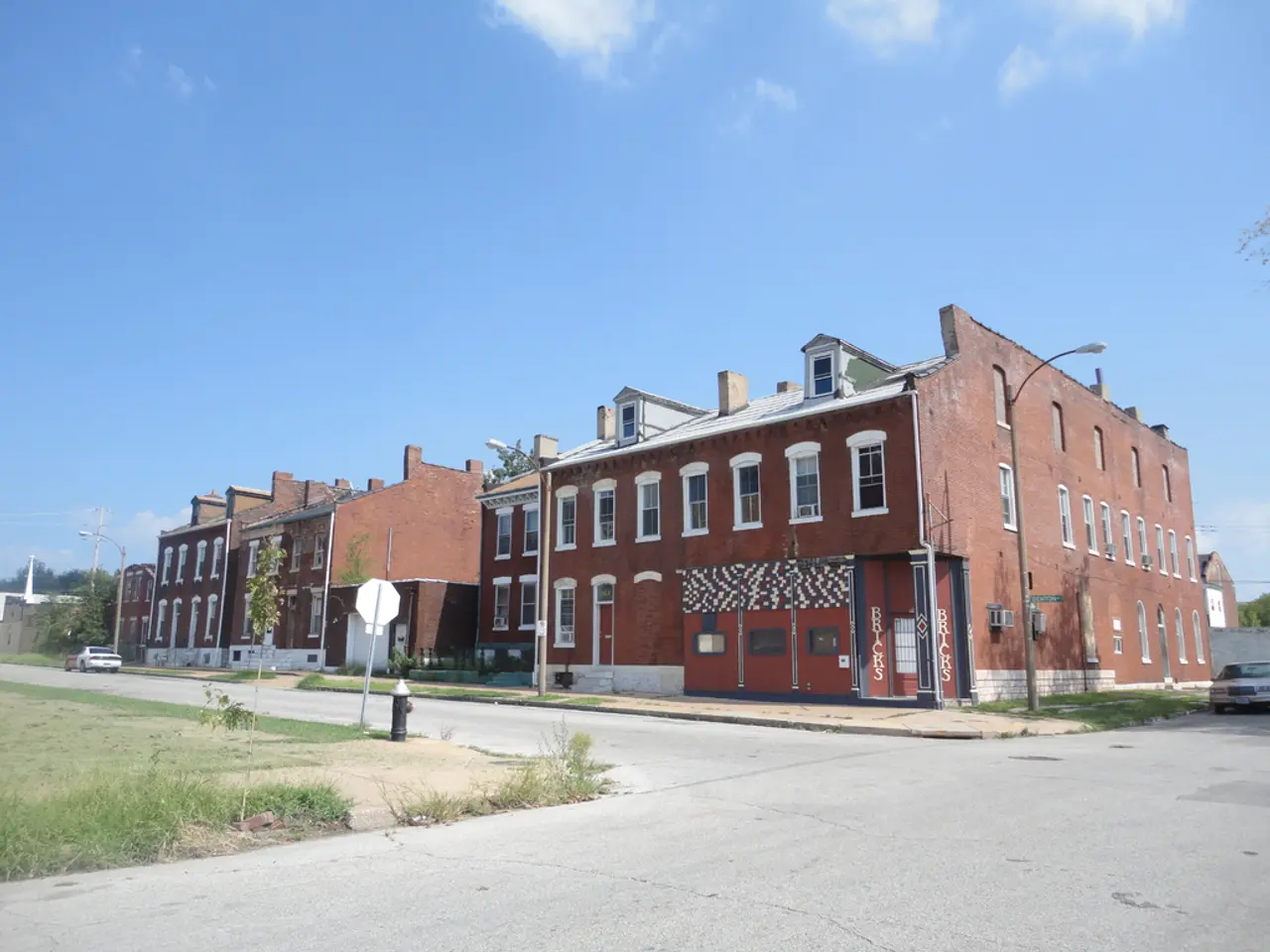City Development Strategy Embracing Muslims' Culture for Community Enhancement Advances with BMA's Support
### Bangkok's "Muslims Participate in City Development" Strategy: A Step Towards a Harmonious Multicultural Society
In a significant move towards fostering a more inclusive and diverse city, the Bangkok Metropolitan Administration (BMA) has launched the "Muslims Participate in City Development" strategy. This collaborative initiative aims to enhance urban development by actively encouraging public participation, particularly within Muslim communities.
The strategy's overarching objective is to empower urban development through collaborative efforts that focus on cultural and religious dimensions, community organisation, and the resolution of social issues such as drug problems and crime reduction.
#### Key Objectives
1. **Cultural and Religious Integration**: The initiative seeks to celebrate and integrate cultural and religious diversity in urban development. This involves working closely with Muslim communities to understand their needs and incorporate these into city planning.
2. **Improving Living Standards**: The primary goal is to improve living standards and tackle social issues within Muslim communities. Guidance from the Chularajmontri (Sheikhul Islam of Thailand) plays a crucial role in ensuring that these efforts are culturally sensitive and effective.
3. **Data-Driven Development**: The BMA has categorised the city's 187 mosques into four sizes and is collecting comprehensive data on population, infrastructure, public health, and vulnerable groups. This data will help classify mosque communities into three tiers: strong, self-reliant, and those requiring support.
4. **Community Empowerment**: The strategy involves empowering communities by creating a classification system that identifies which communities can assist others, which are self-sufficient, and which need support. This approach facilitates efficient allocations of resources in line with local district policies and budgets.
#### Participants and Collaboration
The initiative is led by Torsak Chotimongkol, Chief Advisor to the Governor of Bangkok, and senior officials such as Supakrit Boonkhant and Lamai Asawalertsak are involved. The Chularajmontri is providing crucial guidance, ensuring that the initiative is both culturally appropriate and effective.
#### Future Directions
The "Muslims Participate in City Development" strategy is part of Bangkok's broader efforts to become a more inclusive and sustainable city. It aligns with global initiatives like Making Cities Resilient 2030 (MCR2030), which aims to make cities safer and more sustainable by 2030. The success of this strategy will depend on continued public participation and inter-sectoral coordination.
The gathering marked a significant stride in building robust cooperation between the BMA and Thai Muslim communities. The project focuses on waste reduction, plastic reduction, clean energy promotion, waste segregation systems, and increasing green spaces. The meeting served as a platform for Muslim community members to network and foster cooperation, collectively driving the city's development.
The inaugural meeting of the "Muslims Participate in City Development Committee" and the "District-Level Muslims Participate in City Development Working Group" for 2025 was chaired by Torsak Chotimongkol. This data collection and classification process will help in targeted interventions for quality of life improvements and community organisation.
- The "Muslims Participate in City Development" strategy, initiated by the Bangkok Metropolitan Administration (BMA), aims to integration of cultural and religious diversity in urban development to improve living standards within Muslim communities, acting on social issues such as drug problems and crime reduction.
- The strategy, driven by data-driven development, classifies the city's mosques into four sizes and collects data on population, infrastructure, public health, and vulnerable groups to help in targeted interventions for quality of life improvements and community organisation.
- The collaborative effort sees collaboration from Torsak Chotimongkol, Chief Advisor to the Governor of Bangkok, senior officials, and the Chularajmontri (Sheikhul Islam of Thailand), ensuring the initiative is culturally sensitive and effective.
- The project, focusing on waste reduction and clean energy promotion, also encourages the development of waste segregation systems and increasing green spaces, aligning with global initiatives like Making Cities Resilient 2030 (MCR2030).
- The success of this strategy depends on continued public participation, inter-sectoral coordination, and robust cooperation between the BMA and Thai Muslim communities for a harmonious multicultural society and a more sustainable city.
